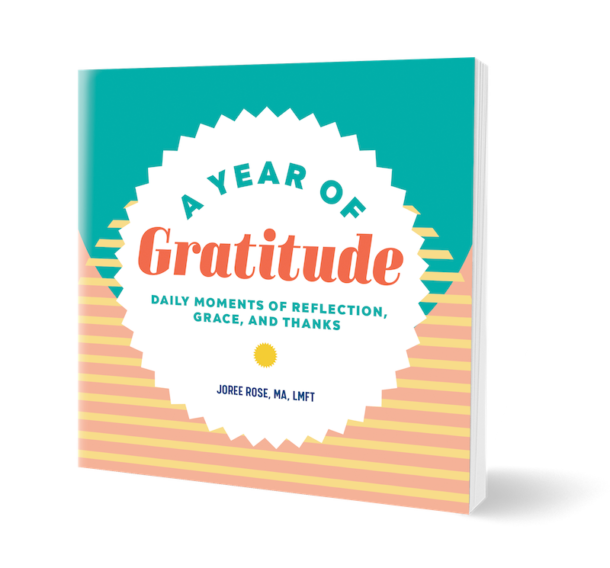 There are numerous benefits to beginning and maintaining a gratitude practice. Even though it can feel like gratitude is just “feel-good” sort of thing, it actually has many proven benefits that can have lasting effects on not only your mood, but your overall health! Robert Emmons, one of the world’s leading researchers in the field of gratitude says that it can benefit you in your physical, psychological and social areas of your life.
There are numerous benefits to beginning and maintaining a gratitude practice. Even though it can feel like gratitude is just “feel-good” sort of thing, it actually has many proven benefits that can have lasting effects on not only your mood, but your overall health! Robert Emmons, one of the world’s leading researchers in the field of gratitude says that it can benefit you in your physical, psychological and social areas of your life.
Here are some of the proven benefits that gratitude offers:
- A natural mood booster and antidepressant – when focusing on gratitude, our brain produces more dopamine and serotonin, which are our natural feel good chemicals.
- Turns up the volume of positive emotions such as happiness, contentment, joy, pride, hope, friendliness, compassion and empathy
- Counteracts negative emotions such as depression and anxiety
- Neutralizes emotions such as: envy, hostility, worry or irritation
- Health benefits, such as a boost to your immune system, lower blood pressure and better sleep
- Stronger social bond and better friendships – increase in feeling loved and cared for, as well as love and caring for others
- Increase quality of romantic relationships – 4:1 ratio of positive to negative makes it easier to get through challenges
- Increase in awe – the ability to look around the world with wonder
- Higher zest for life – feel the interconnectivity and shared human experience
- Bolster your self-esteem and confidence
- Makes you more adaptable and resilient
- Helps you to cope with struggles
- Encourages moral behavior
- Keeps you in the present moment
The good news is, gratitude is a fairly easy habit to form. Just start looking for the good around you, and you’ll begin to find more of the good. When you get stuck in a habit or pattern of seeing the world through blue-colored lenses, everything is going to have that emotional tint to it. But when you make the conscious choice to start seeing the world with rose-colored lenses, you will not only see more positivity around you, but you will begin to feel more positive.
Neuroscientists say that your brain can’t focus on anger and gratitude at the same time – so why not choose gratitude?? It’s not going to negate what is arising, but it will help to calm your emotional brain (shhhh amygdala!!) and help you to respond and not react to what is arising.
A few years ago I was teaching a mindfulness class and we were in the midst of a gratitude meditation; afterwards an older gentleman, maybe in his 60’s, said, “This morning I got into a really big argument with my wife; but I’m so grateful I have her to argue with.” That was the most beautiful expression of choosing gratitude over anger, and highlighted perfectly our ability to choose and have intentions regarding our frame of mind.
Happy gratituding!

